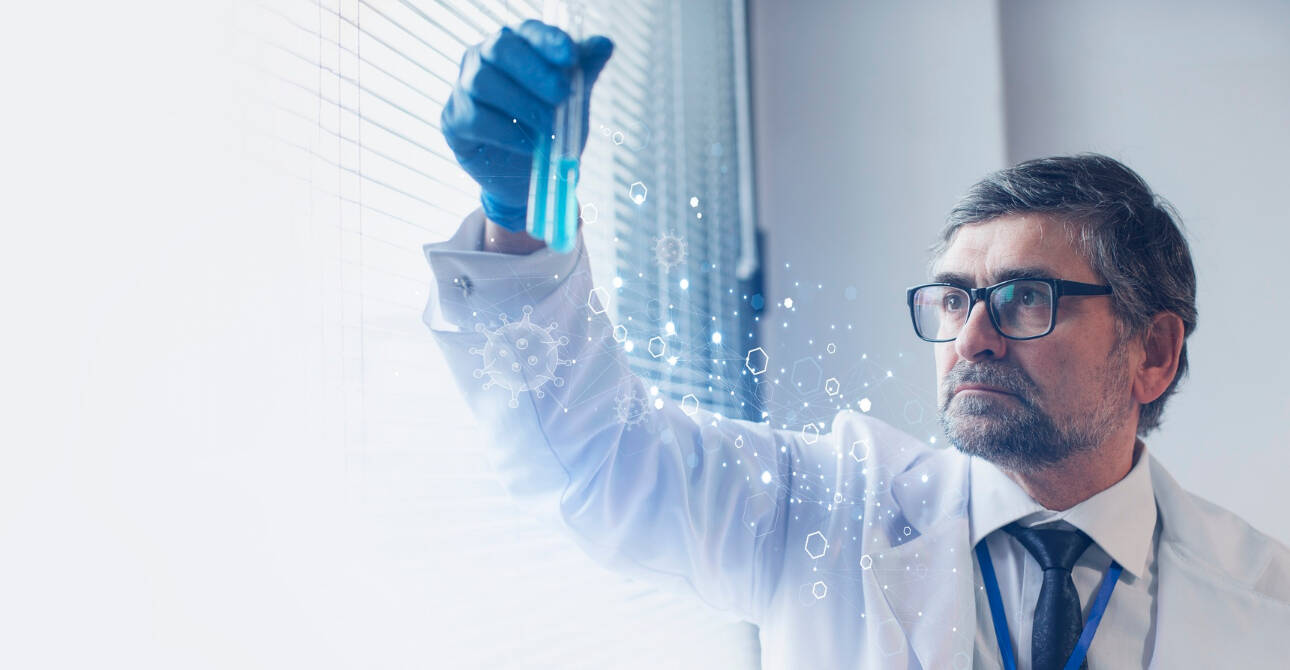Introduction Artificial Intelligence is redefining healthcare and life sciences. From improving patient care to accelerating drug discovery, AI is proving to be more than just a technological trend; it’s a critical enabler of innovation and efficiency. In this article, we explore real-world AI applications in clinical studies, pharmacovigilance, diagnostics, and medical operations. These use cases…








